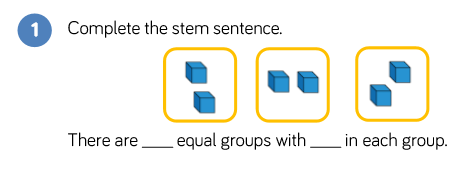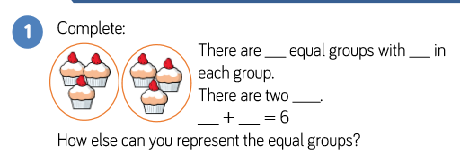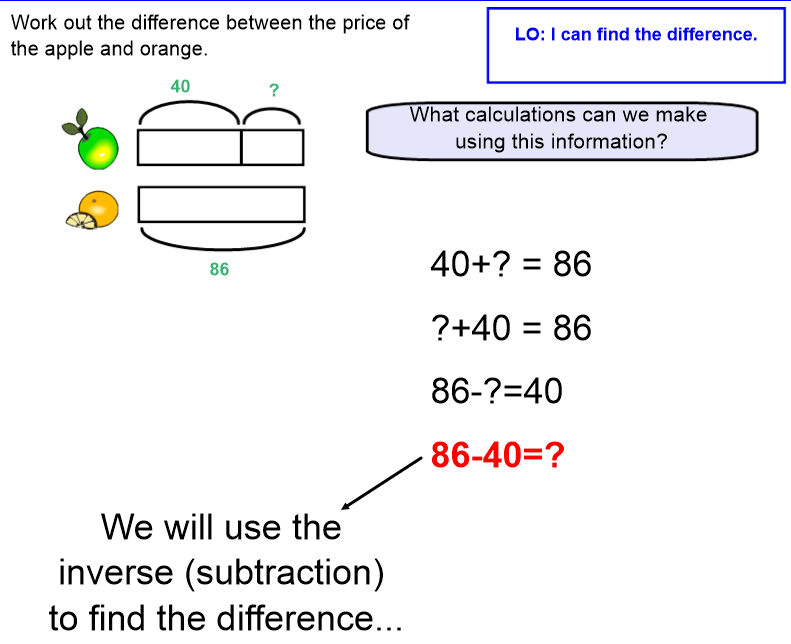Welcome to Hungerford Bridge Class.
Class teacher: Miss Agyemang
Teaching assistant: Ms Jones
This week we will be covering the following learning objectives in:
Writing
We have just read Dr Xargle’s Book of Earthlets which is written from the perspective of an ‘alien’ who observes the strange behaviour of humans. It is incredibly funny and will form the basis for our next unit of work. So far we have looked at the nonsense words/ phrases in the story and what they might mean. Our focus on the vocabulary really builds a strong foundation for the rest of our work.
Next week we will be continuing to embed words and phrases from the text and doing some drama based on the story.
Reading
We are coming to the end of The Hodgeheg by Dick King-Smith. Our favourite phrase this week was ‘there’s no use crying over spilt milk’. We have been talking a lot about how we can stay safe on the roads too.
Phonics/ SPaG
This week we will be focusing on using apostrophes for possession. We will also be looking at the four sentence types: exclamations, statements, commands and questions.
Maths
We have moved onto division and multiplication. We will be recognising equal groups, making equal groups and adding equal groups.
We have been using the following stem sentence to help us.
There are ___ equal groups with ___ in each group. There are ____ _____s.
There are ____ altogether.
This image shows:
There are 3 equal groups with 2 in each group. There are 3 2s. There are 6 altogether.
When we come to adding equal groups we will be using this format.
So there are two 3s.
3+3=6. (multiplication as repeated addition).
The groups could also be represented using two ‘three’ pieces of numicon. They could be represented as two jumps of three on a numberline. They could be represented using two groups of three ones.
PSHE
We will be moving onto our next module of Zippy’s Friends: what makes a good friend? Please speak to your child about these sessions (which always take place on a Thursday afternoon).
P.E.
We are going to be doing dance on a Monday and doing circuit training on Thursdays.
Science
We are looking at differences between plants and animals and variation between animals. We will also be looking at seasonal changes.
This week we will be covering the following learning objectives in:
Writing
By Monday we will have written our own warning tales. We will be spending some time editing and improving them before moving onto our next unit of writing.
We will be using Doctor Xargles Book of Earthlets as a stimulus for writing non-fiction information leaflets.
Reading
We are really enjoying The Hodgeheg by Dick King-Smith. We have already learnt lots of exciting new vocabulary. Our favourite word this week was ‘frantically’ which means to be wilding anxious or excited about something.
Phonics/ SPaG
We will be continuing to focus on different word classes and up-levelling simple sentences. Our focus will be on adverbs which can tell us: how, when, why or how often. Have a look at a selection of adverbs below.
Maths
We have almost come to the end of our work on money. We will be looking at how to solve one and two-step problems and will also be having a go at writing our own.
An example of a one-step problem would be:
Anna goes to the shop and buys and apple and an orange. The apple costs 27p and the orange costs 62p. How much does she spend altogether?
We have also been working on finding the difference (using subtraction). For example: Mark goes to the shop and buys a pencil for 45p and a sweet for 22p. He pays with a £1 coin. How much change will he receive? This is a two step problem because you have to calculate how much he spends (45p+22p) and then subtract that amount from £1 (100-67).
Finding the difference has proven a challenge for lots of Year 2. Please practice this at home where possible. It can be done in a real context to make it more meaningful for your child. For example: you have 50p and the sweets cost 45p. How much change will you get? Another useful way of assessing your child’s understanding is to ask them to tell you what calculation they would use to solve the problem.
Here is an example of how you can also use bar models to visually support your child.
PSHE
The children in Year 2 are still loving Zippy’s Friends. There will be another homework sent home shortly as we are almost at the end of the second module: communication.
P.E.
We are going to be doing dance on a Monday and doing circuit training on Thursdays.
Science
We are starting to look at differences between plants and animals and variation between animals.
Homework
A polite reminder that I have been setting homework every week on mathletics. The expectation is that this is completed by the Tuesday of the following week.






